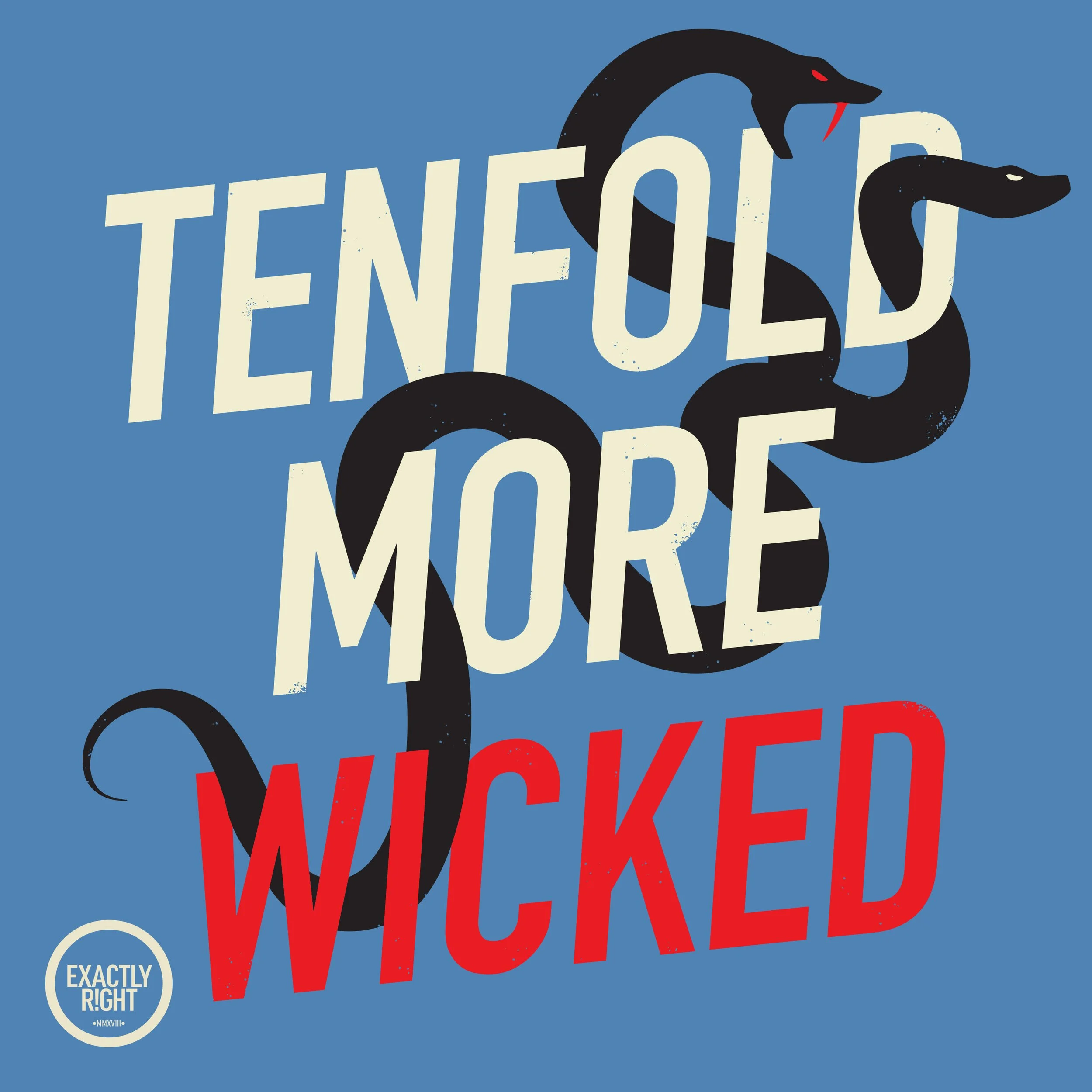A True Crime Podcaster on Colonial America
Back in 2007 I launched a series of posts I called CSI: Colonial Boston.
I periodically returned to that theme over the next few five years with other tales of people investigating how other people died by looking at their remains.
At the time, the CSI franchise was dominating American television with three series. They all went off the air by 2016, though one has been periodically revived. Therefore, while the acronym CSI still has the same technical significance, it no longer carries so much cultural weight.
Instead, one of the hot trends today is “true crime podcasts.” I listen to a few myself while cooking and cleaning.
Among the leading practitioners of the genre is Kate Winkler Dawson, a journalist now based in Texas. She specializes in historical examples as an author and a host of three podcasts:
The first episode went where I expected it would, to the death of provincial treasurer and speaker of the house John Robinson in 1766. The narration does a lot of looking ahead to the Revolution, which I think it anachronistic. In that year Virginians and other North American colonists felt that the repeal of the Stamp Act by a new government in Britain held promise for better relations within the British Empire.
There are some other glitches, such as the common misunderstanding of the Quartering Act and allowing the Crown to install soldiers into people’s private homes. But Dawson has interviewed lots of people at Colonial Williamsburg to convey aspects of everyday life among the slaveowning gentry, which is more crucial to the stories she’ll tell.
A couple of years ago Dawson and Holes’s Buried Bones podcast tackled the Joshua Spooner murder from 1778 Massachusetts in an episode titled “Soldiers of Fortune.” As one might expect, there wasn’t a lot of reliable forensic information from 1778 for Holes to sink his teeth into, but fans of Revolutionary Massachusetts might still enjoy this take.
For folks who prefer their true crime in book form, there are a couple of modern books about the Spooner case:
I periodically returned to that theme over the next few five years with other tales of people investigating how other people died by looking at their remains.
At the time, the CSI franchise was dominating American television with three series. They all went off the air by 2016, though one has been periodically revived. Therefore, while the acronym CSI still has the same technical significance, it no longer carries so much cultural weight.
Instead, one of the hot trends today is “true crime podcasts.” I listen to a few myself while cooking and cleaning.
Among the leading practitioners of the genre is Kate Winkler Dawson, a journalist now based in Texas. She specializes in historical examples as an author and a host of three podcasts:
- Tenfold More Wicked, said to be “a unique blending of narrative nonfiction storytelling with investigative journalism.”
- Wicked Words, interviews with journalists and writers about crimes they looked into.
- Buried Bones, in which Dawson presents expert forensics investigator Paul Holes with the details of cases from the past.
The first episode went where I expected it would, to the death of provincial treasurer and speaker of the house John Robinson in 1766. The narration does a lot of looking ahead to the Revolution, which I think it anachronistic. In that year Virginians and other North American colonists felt that the repeal of the Stamp Act by a new government in Britain held promise for better relations within the British Empire.
There are some other glitches, such as the common misunderstanding of the Quartering Act and allowing the Crown to install soldiers into people’s private homes. But Dawson has interviewed lots of people at Colonial Williamsburg to convey aspects of everyday life among the slaveowning gentry, which is more crucial to the stories she’ll tell.
A couple of years ago Dawson and Holes’s Buried Bones podcast tackled the Joshua Spooner murder from 1778 Massachusetts in an episode titled “Soldiers of Fortune.” As one might expect, there wasn’t a lot of reliable forensic information from 1778 for Holes to sink his teeth into, but fans of Revolutionary Massachusetts might still enjoy this take.
For folks who prefer their true crime in book form, there are a couple of modern books about the Spooner case:
- Deborah Navas, Murdered by His Wife (1999)
- Andrew Noone, Bathsheba Spooner: A Revolutionary Murder Conspiracy (2021)


1 comment:
Some baffling errors about the Boston Massacre and its aftermath in the third episode of the Tenfold More Wicked: Entitled series, unfortunately.
Post a Comment